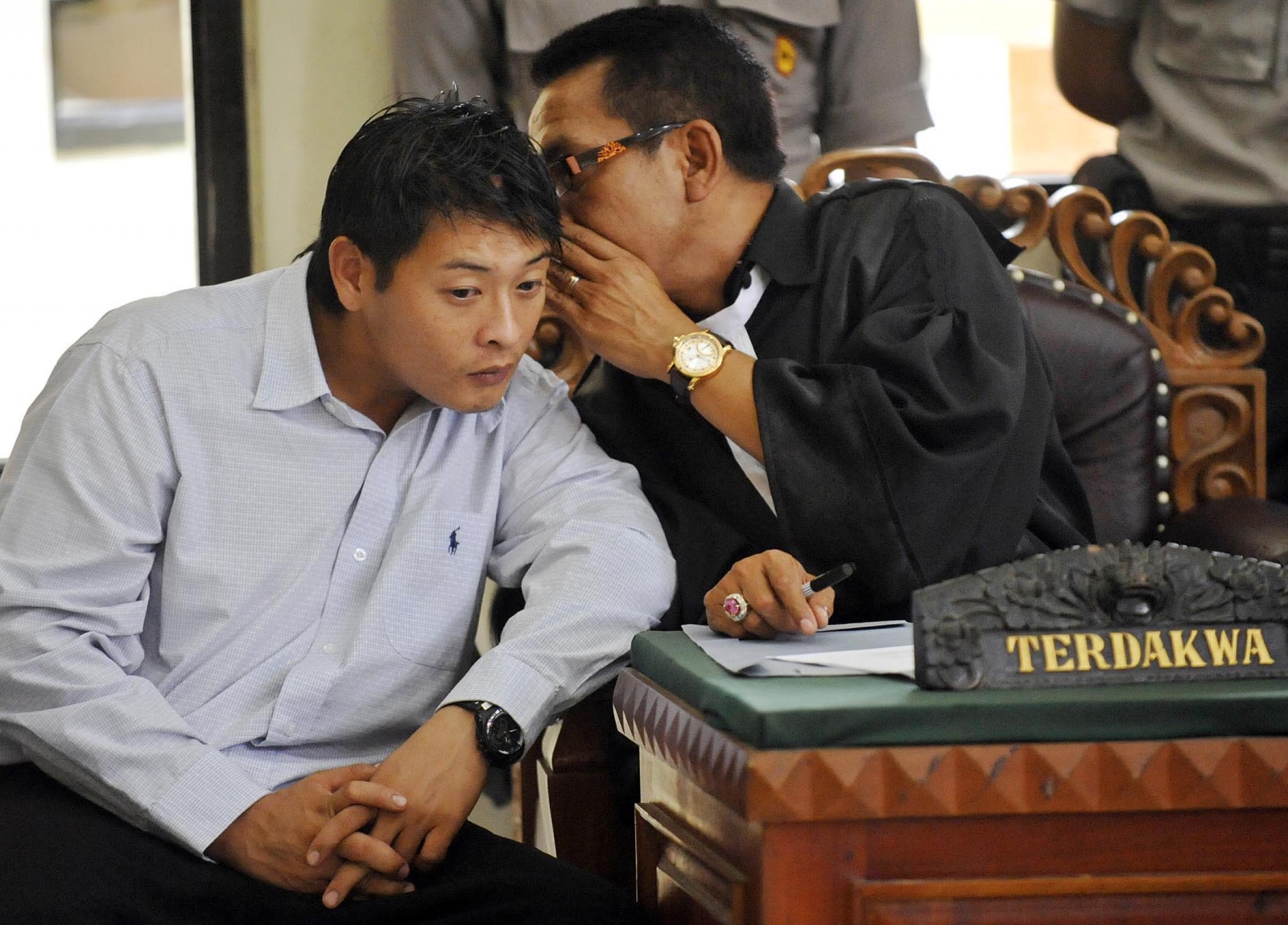By Max Bartels
Impunity Watch Reporter, Oceania
Jakarta, Indonesia
The Indonesian government has postponed the executions of 10 prisoners convicted of drug smuggling charges. The government has postponed the executions to deal with the appeals of several of those scheduled to be executed; the government claims the appeals could take months to work through. The Indonesian government has been under significant pressure by the international community to halt its practice of executing those who are convicted of drug smuggling charges. The President of Indonesia declared narcotics a “national emergency” and imposed a death penalty in Indonesia, which hasn’t been used since 2013 in any criminal case.

In January Indonesia executed five foreign citizens who were convicted of drug smuggling charges in Indonesia. Since then, two Australian citizens have been sentenced to death for smuggling heroin as part of the “Bali Nine” drug smuggling organization. The two Australians, named Andrew Chan and Myuran Sukumaran argue that they are reformed and have expressed remorse for the crime as well as argue they have been model prisoners.
Both men appealed to the President for clemency to halt their executions. The President rejected their appeals and the executions were scheduled to continue as planned. Government officials claim that there are no avenues under Indonesian law to appeal the Presidents decision on a clemency appeal. However, the defense attorneys claims that the President did not actually read the case files of the two men before he rejected their appeals. The lawyers for Chan and Sukumaran have until March 25th to prepare their argument and submit evidence to challenge the president’s rejection of their earlier clemency appeal, with March 30th being the day the defense is scheduled to present their case.
In addition to the two Australian citizens there are several other foreign prisoners who have been sentenced to death that are attempting to appeal their sentences and convictions. Two Nigerian prisoners are also appealing the President’s clemency rejection, as well as a French citizen and Ghanaian citizen who are asking the Indonesian Supreme Court to review their convictions. Indonesian officials have expressed concerns over the timing of the executions. If all the executions are not carried out simultaneously it would create further problems for the government, the executions must now wait until the appeals of all the convicts are resolved before any of the executions can move forward.
For more information, please see:
The NY Times — Indonesia Postpones Drug- Case Executions Amid Legal Challenges — 19 March, 2015
ABC News — Indonesia Defers Execution of 10 Drug Traffickers — 18 March, 2015
The NY Times — Indonesia: Executions are Delayed — 18 March, 2015

